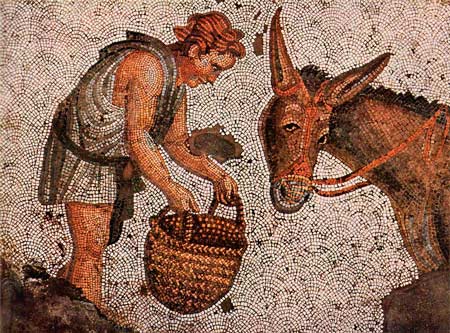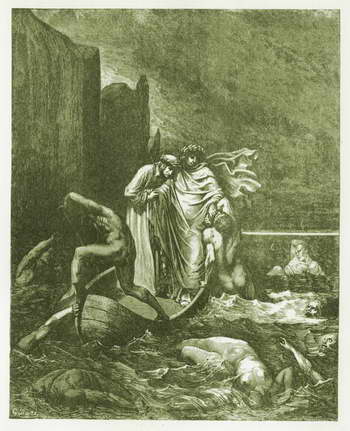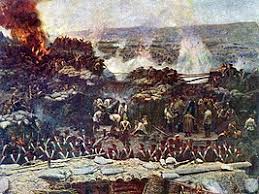“Woe from Wit” – analysis, briefly
 “Woe from Wit” is the main work of Griboyedov’s entire life and is one of the best works of Russian dramatic literature. Despite the fact that Griboyedov describes Russian society in a very specific historical era (the first half of the 19th century), the comedy has not lost it and will never lose its freshness, will not become outdated, will enjoy the same success. In this we see undoubted proof of her genius of the work.
“Woe from Wit” is the main work of Griboyedov’s entire life and is one of the best works of Russian dramatic literature. Despite the fact that Griboyedov describes Russian society in a very specific historical era (the first half of the 19th century), the comedy has not lost it and will never lose its freshness, will not become outdated, will enjoy the same success. In this we see undoubted proof of her genius of the work.
“Woe from wits” – and the picture of morals, and the gallery of living types, and the ever-acute burning satire on “Famusov society”, and at the same time, comedy, most of all – comedy, which can hardly be found in other literatures, ”writes another major Russian writer, Goncharov, in his remarkable article “A Million Torments”.
Comedy Griboyedov unusually rich in content, it is striking in its richness. There is not a single phenomenon, not a single conversation that could be missed; each word, phrase has its own meaning, each even the most insignificant actor has a certain character, takes the place necessary for the unity of the whole comedy.
“Woe from Wit” undoubtedly belongs to the best works of Russian literature. No wonder Pushkin said that “the comedy“ Woe from Wit ”set Griboyedov along with our first poets” (“Journey to Arzrum”). In one letter, Pushkin, admiring this comedy, adds: “I’m not even talking about poetry — half should go into the proverbs.” So it happened. How many expressions from “Woe from Wit” turned into proverbs: – “Happy hours are not observed.” – “The legend is fresh, but it is hard to believe.” – “With feeling, sensibly, with an arrangement” – and many others.
The language “Grief from mind” is designed and trimmed to perfection. Griboedov unusually skillfully makes his characters speak in a language appropriate to their character. We recognize Famusov by his way of expressing: “In my summers, I cannot be squatted by me!” He says to Chatsky. “Donkeys! do you repeat a hundred times? ”he shouts at the servants, and in these words his character is unmistakable. “The distance is of enormous size,” Skalouzub Moscow defines, “and no one else would have come up with such words in a comedy. There are many such examples.
According to his literary views and sympathies, Griboedov belonged to the classical direction. In his comedy, he still pays a certain tribute to the theory of classicism: respects the unity of time and place; All the action of the comedy takes place in the course of one day in the house of Famusov, only in different rooms. But the influence of classicism ends there. By the nature of his great talent, Griboedov was primarily a realist. The characters of the comedy are depicted with inimitable brightness and realism, their words and conversations sound and cut into the memory. That is why “Woe from Wit” is not out of date and cannot become outdated.



